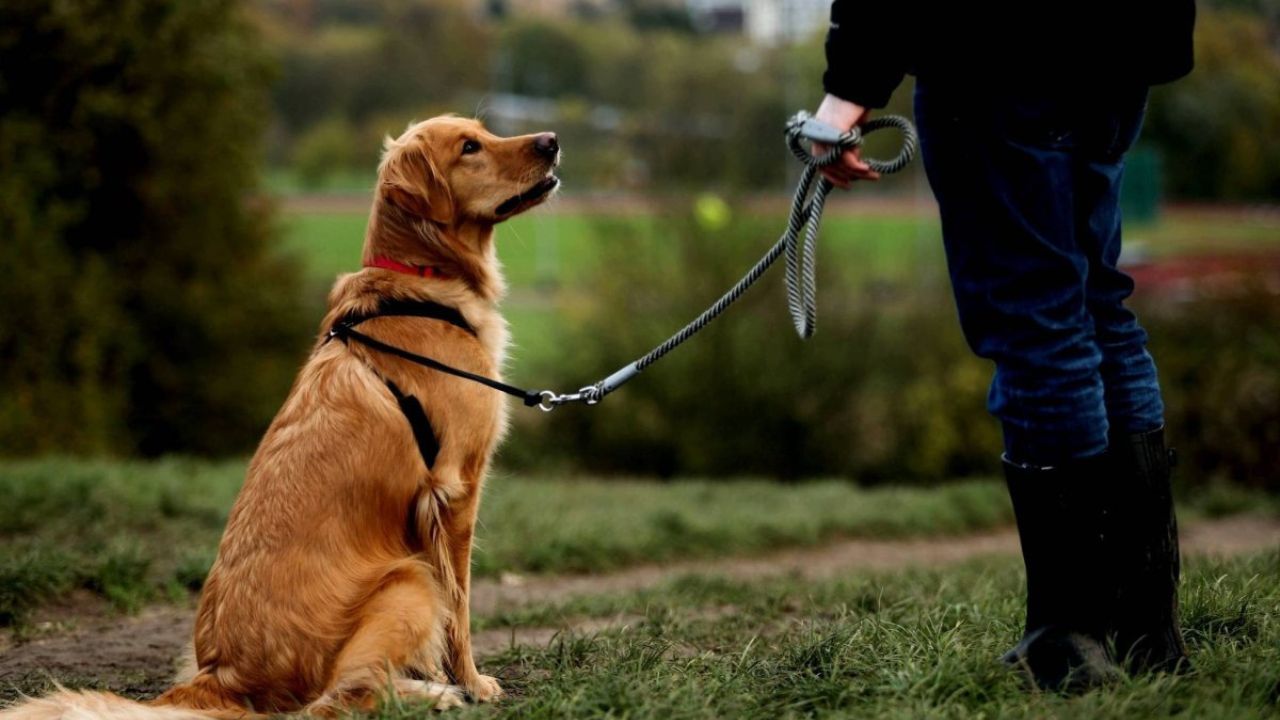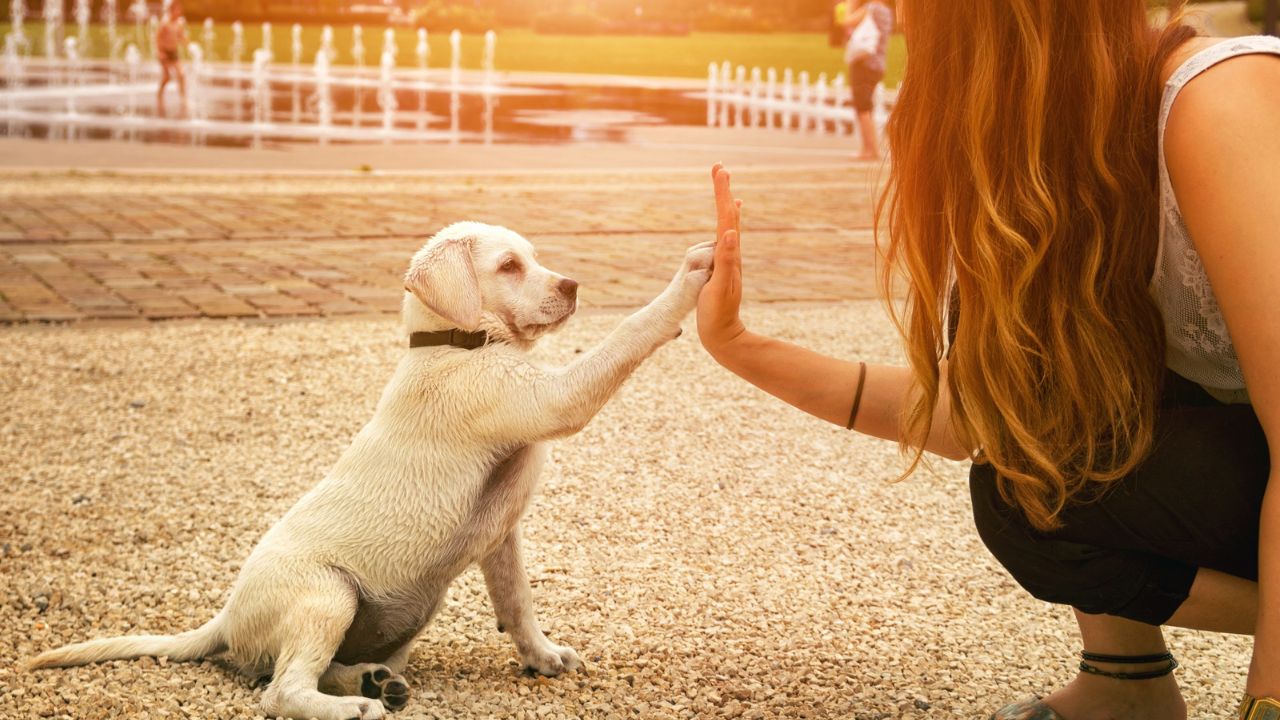Effective puppy training stages week by week, ensuring gradual development and positive habits. Each week, from basic commands to socialisation, introduces essential skills for a well-behaved companion. Consistency, patience, and positive reinforcement guide the process, fostering a strong bond between you and your growing pup.
Establishing a Routine and Bonding
Establishing a routine is a cornerstone of creating stability and fostering strong connections, often called bonding. Whether in personal relationships, family dynamics, or professional settings, routines provide a framework that brings individuals together. We create a sense of security and familiarity by incorporating regular activities and predictable patterns into our daily lives. This stability lays the foundation for meaningful bonds to develop and deepen over time.
Establishing routines can involve shared activities in personal relationships, such as cooking together, exercising, or simply spending quality time. These shared experiences create a sense of unity and understanding, strengthening emotional connection. In a family context, family dinners, game nights, or weekend outings can become cherished traditions that enhance the familial bond.
Even in professional settings, routines play a crucial role in team dynamics. Regular meetings, collaborative projects, and team-building activities create a cohesive work environment, fostering stronger colleague bonds. Establishing routines is a powerful tool for building and nurturing meaningful connections in personal or professional spheres.
Basic Commands and Socialization
In the realm of canine companionship, mastering basic commands and socialization is paramount for fostering a harmonious relationship between dogs and their human counterparts. Basic commands enhance communication and establish a foundation for a well-behaved and responsive pet. Teaching commands like “sit,” “stay,” and “come” not only ensures a safer environment but also deepens the bond between owners and their furry friends.
Equally crucial is socialization, a key component in a dog’s overall well-being. Exposure to various environments, people, and other animals from an early age helps dogs develop essential social skills. This reduces anxiety and fear and creates a more adaptable and confident pet. Group training classes and supervised playdates facilitate positive interactions, reinforcing positive behaviour and strengthening the human-canine bond. Embracing the fundamentals of basic commands and socialization lays the groundwork for a happy, well-adjusted, and socially adept canine companion.
Crate Training and Potty Training
How to puppy training stages week by week, crate and potty training are essential components of a dog owner’s toolkit, fostering a well-behaved and house-trained pet. Crate training involves introducing a secure and comfortable space for your furry friend, mimicking a den-like environment where dogs feel safe. This technique not only aids in housebreaking but also provides a sanctuary for the dog to retreat when stressed or tired. Consistency is key, gradually increasing the time spent in the crate and associating it with positive experiences.
Simultaneously, potty training is fundamental for maintaining a clean living space. Establishing a routine, rewarding outdoor elimination, and addressing accidents calmly contribute to successful training. By combining crate and potty training, dog owners create a harmonious balance that teaches discipline and reinforces good behaviour. Ultimately, this dual approach cultivates a strong bond between the owner and their canine companion, ensuring a happy and well-adjusted pet.
Leash Training and Advanced Commands

Leash training and advanced commands are crucial to a well-behaved and responsive canine companion. Leash training fosters discipline and control and fosters a positive walking experience. Begin by introducing the leash gradually, allowing your dog to acclimate to the sensation. Consistency is key; reward positive behaviour and gently correct undesirable actions.
Moving beyond basic commands, advanced training enhances your dog’s mental stimulation and overall obedience. Teach commands like “stay,” “heel,” and “come” to reinforce their understanding of your expectations. Use positive reinforcement techniques such as treats or praise to motivate and reinforce good behaviour. Consistent practice in various environments helps solidify their grasp of commands.
Leash training and advanced commands contribute to a well-behaved pet and strengthen the bond between you and your furry friend. Patience, consistency, and positive reinforcement create a harmonious partnership, ensuring a happy and well-trained canine companion.
Refinement and Consistency
In pursuing excellence, two fundamental principles are pivotal: refinement and consistency. When seamlessly integrated, these cornerstones become the bedrock of success in various aspects of life. Refinement involves continuous improvement and a commitment to honing skills and enhancing knowledge. It is the art of fine-tuning, adapting to changing circumstances, and evolving with purpose.
Consistency, on the other hand, is the unwavering dedication to a set course of action. The steady rhythm propels individuals towards their goals, ensuring that efforts are sustained over time. When refinement and consistency join forces, they create a powerful synergy, enabling individuals to reach unprecedented heights.
Whether in personal development, professional endeavours, or creative pursuits, the marriage of refinement and consistency cultivates resilience and excellence. Embracing these principles fosters a mindset of continuous growth, turning challenges into opportunities and paving the way for enduring success.
Conclusion
How to puppy training stages week by week, puppy training is an ongoing process that requires patience, consistency, and positive reinforcement. By following a week-by-week approach, you can gradually build a strong foundation for a well-behaved and happy companion. Remember that every puppy is unique, so tailor your training approach to suit their needs. Dedication and love will reward you with a lifelong bond and a well-adjusted canine companion.
FAQ
What to Expect With a New Puppy Week By Week?
Newborn: Puppies can sense body heat, smell, suckle, and crawl. Week 2: Puppies begin developing baby teeth. Week 2-3: Puppies Puppies’nd ears open. Week 4: Puppies can stand and take their first steps.
At What Age Can a Puppy Be Fully Trained?
6 Months – 1 Year Old
Your puppy should know all their basic commands and have a solid potty training, crate training, and socialization foundation. From then on, you will continue working with your puppy to reinforce what they have already learned!
What is the Fastest Way to Train a Puppy?
According to almost all veterinarians, positive reinforcement training is the most successful approach to dog training. In essence, positive reinforcement training emphasizes rewarding your pet for appropriate behaviour rather than correcting inappropriate behaviour.
What are the 5 commands for puppy training?
These commands are “come”,” “lay” do “n”, “sit”, “sta”,”and” leave “t.” These “commands teach your puppy obedience and self-control at an early age. This allows you to take them outside on adventures and bring guests into your home. Here’s Here’su can teach your puppy the 5 basic commands.
How do you toilet-train a puppy in 7 days?
How to puppy training stages week by week, Once you are home and awake, take your puppy on a leash to a potty area (indoors or outdoors) at least once every 30 minutes. For most puppies, one or two nighttime excursions are sufficient. Keep still and observe silently to see if the puppy poop or urinates. When the dog urinates or poos outside, praise and treat them.

